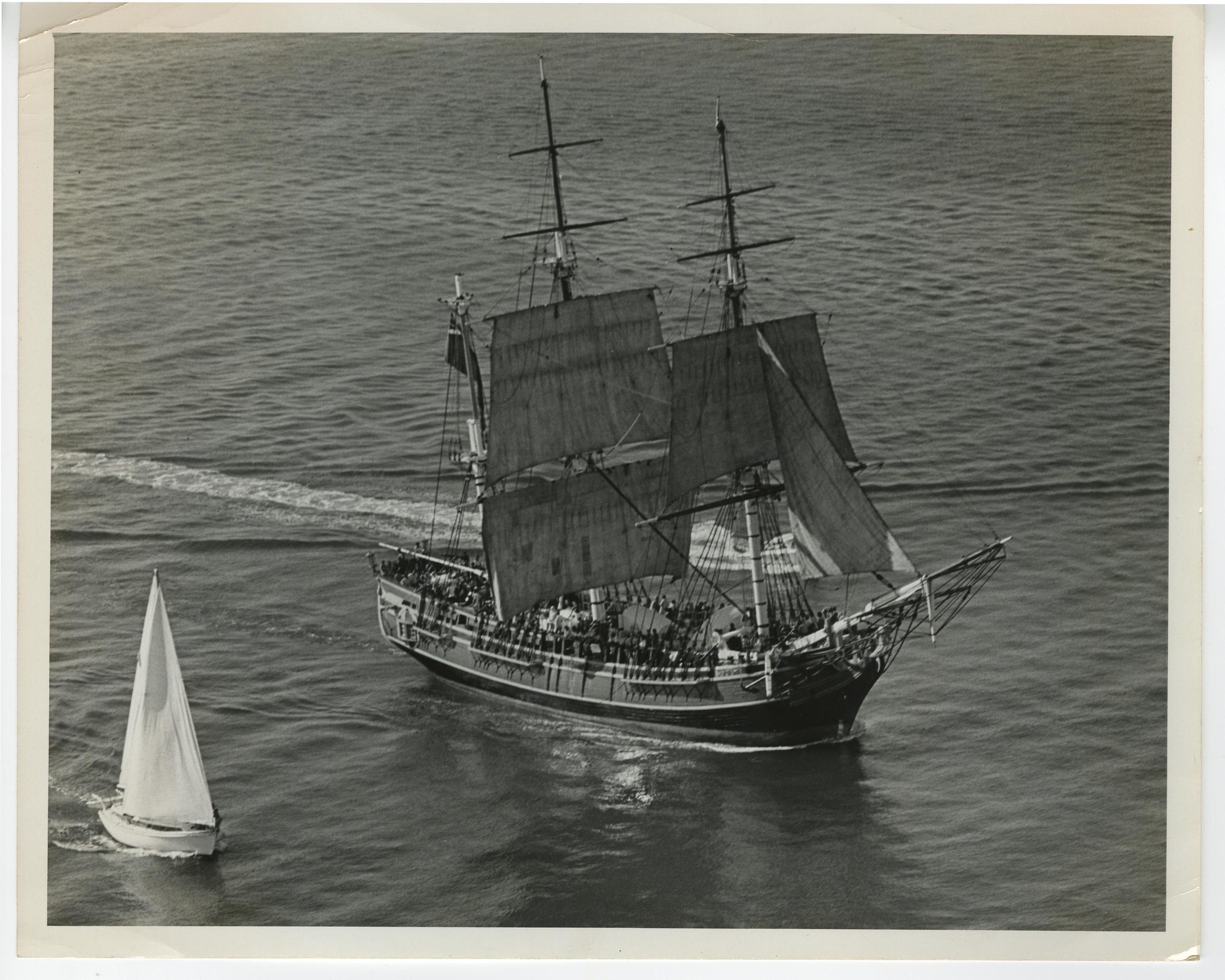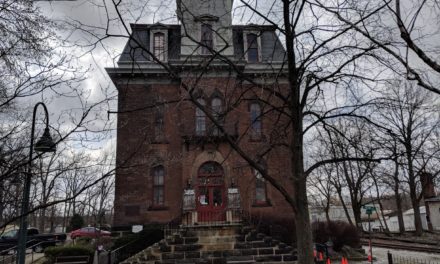The fourth week of April has borne witness to several remarkable events throughout the history of the United States and Northeast Ohio. These events, encompassing military conflicts, scientific discoveries, and social change, have left an indelible impact on the nation’s development. In this article, we will explore some of the most notable occurrences that took place during this week in U.S. and Cleveland, Ohio history.
- The Founding of the Western Reserve Historical Society (April 26, 1867)
On April 26, 1867, the Western Reserve Historical Society (WRHS) was founded in Cleveland. Established by a group of local historians, the WRHS aimed to preserve and document the history of the Connecticut Western Reserve, an area that includes present-day Cleveland. Over the years, the society has evolved into one of the largest and oldest historical organizations in the United States, boasting an extensive collection of artifacts, manuscripts, and other historical items. Today, the WRHS operates several museums and research centers, providing valuable resources for scholars and history enthusiasts alike.
- The Cleveland Play House’s First Production (April 24, 1916)
On April 24, 1916, the Cleveland Play House, one of the oldest and most respected regional theaters in the United States, presented its first-ever production. The play, titled “The Beggar’s Opera,” marked the beginning of a long-standing cultural institution in Cleveland. Over the years, the Play House has produced a wide variety of theatrical works, launching the careers of numerous actors, directors, and playwrights. The Cleveland Play House continues to be a vital part of the city’s thriving arts scene, providing high-quality entertainment and educational opportunities to the community.
- The Cleveland Marathon (April 28, 1978)
In 1978, the first-ever Cleveland Marathon took place on April 28, drawing thousands of participants and spectators. The event, which has become an annual tradition, features a variety of race lengths, including a full marathon, half marathon, 10K, and more. The Cleveland Marathon has grown to become one of the most popular and well-attended road races in the United States, attracting runners from around the world. With its challenging course and picturesque views of the city, the marathon showcases the beauty and spirit of Cleveland.
- The Rock and Roll Hall of Fame Induction Ceremony (April 27, 2019)
Cleveland, widely known as the birthplace of rock and roll, is home to the Rock and Roll Hall of Fame. Each year, the institution inducts a new class of musicians and industry figures who have made significant contributions to the world of rock and roll. On April 27, 2019, the Hall of Fame held its 34th annual induction ceremony, honoring artists such as Stevie Nicks, Janet Jackson, Radiohead, and The Cure. The star-studded event, held at Cleveland’s Public Auditorium, celebrated the achievements of these legendary performers and their impact on the music world.
- The Fall of New Orleans during the American Civil War (April 25, 1862)
A crucial turning point in the American Civil War, the fall of New Orleans took place on April 25, 1862, when Union forces under Admiral David Farragut captured the city. As the largest city in the Confederacy and a major port, New Orleans’ capture dealt a significant blow to the Confederate economy and weakened their military capabilities. The event was a vital step towards the eventual victory of the Union forces.
- The First Successful Polio Vaccine Trial (April 26, 1954)
On April 26, 1954, the first successful field trial of the polio vaccine developed by Dr. Jonas Salk took place in the United States. The vaccine, which used inactivated poliovirus, was instrumental in the near-eradication of polio worldwide. Salk’s groundbreaking discovery not only saved countless lives but also laid the foundation for modern vaccine development.
- The Chernobyl Nuclear Disaster (April 26, 1986)
Although not an event that occurred in the United States, the Chernobyl nuclear disaster on April 26, 1986, had a profound impact on the world, including the U.S. The explosion at the Chernobyl Nuclear Power Plant in Ukraine released large amounts of radioactive materials, leading to the death and displacement of thousands of people. The disaster raised awareness of the potential dangers of nuclear power and led to the implementation of stricter safety measures and regulations for nuclear facilities worldwide, including those in the United States.
- The First U.S. Patent Issued (April 28, 1790)
On April 28, 1790, the United States issued its first-ever patent to Samuel Hopkins for an innovative process of making potash, an essential ingredient in fertilizer. The patent system, enshrined in the U.S. Constitution, has played a crucial role in fostering innovation and technological advancements throughout the nation’s history. Since then, millions of patents have been granted, protecting the intellectual property rights of inventors and creators and driving economic growth.
- The Mutiny on the HMS Bounty (April 28, 1789)
The infamous mutiny on the HMS Bounty occurred on April 28, 1789, when the crew, led by Fletcher Christian, seized control of the British Royal Navy ship from its commander, Lieutenant William Bligh. While not an American event, the mutiny had indirect effects on U.S. history. The descendants of the mutineers would eventually settle on Pitcairn Island, which became a key stopover point for American whalers in the 19th century and contributed to the growth of the American whaling industry.






